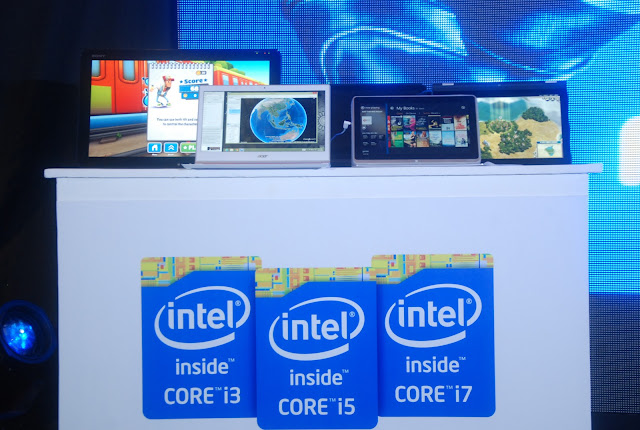I agree that it is costly to buy pro-level astronomical scopes like Takahashi, APO, etc. But for
the beginners, don't despair, there's a lot of entry level
scopes (3"-4"). Just don't buy the "toy" scopes.
Some guidelines:
- Decide on what you want to see. There is rarely a scope that does it all. Decide whether you're interested in deep space objects (DSO - like nebulas, galaxies, clusters) or lunar and planetary.
- If you choose DSO, you need the best aperture you can afford/ carry and medium to low power only (20x-100x). If planetary, small apertures will do but you need high powers (100x-200x rarely this high) plus a very stable mount.
- Don't believe the "power" hype, like the 600x etc. Actually its not the power or magnification that's important, its the "Aperture" because for astro DSO use, the objects are faint and NOT small so you need to gather more light. Astro Telescope- definition: an instrument that gathers light.
Some guidelines:
- Decide on what you want to see. There is rarely a scope that does it all. Decide whether you're interested in deep space objects (DSO - like nebulas, galaxies, clusters) or lunar and planetary.
- If you choose DSO, you need the best aperture you can afford/ carry and medium to low power only (20x-100x). If planetary, small apertures will do but you need high powers (100x-200x rarely this high) plus a very stable mount.
- Don't believe the "power" hype, like the 600x etc. Actually its not the power or magnification that's important, its the "Aperture" because for astro DSO use, the objects are faint and NOT small so you need to gather more light. Astro Telescope- definition: an instrument that gathers light.












